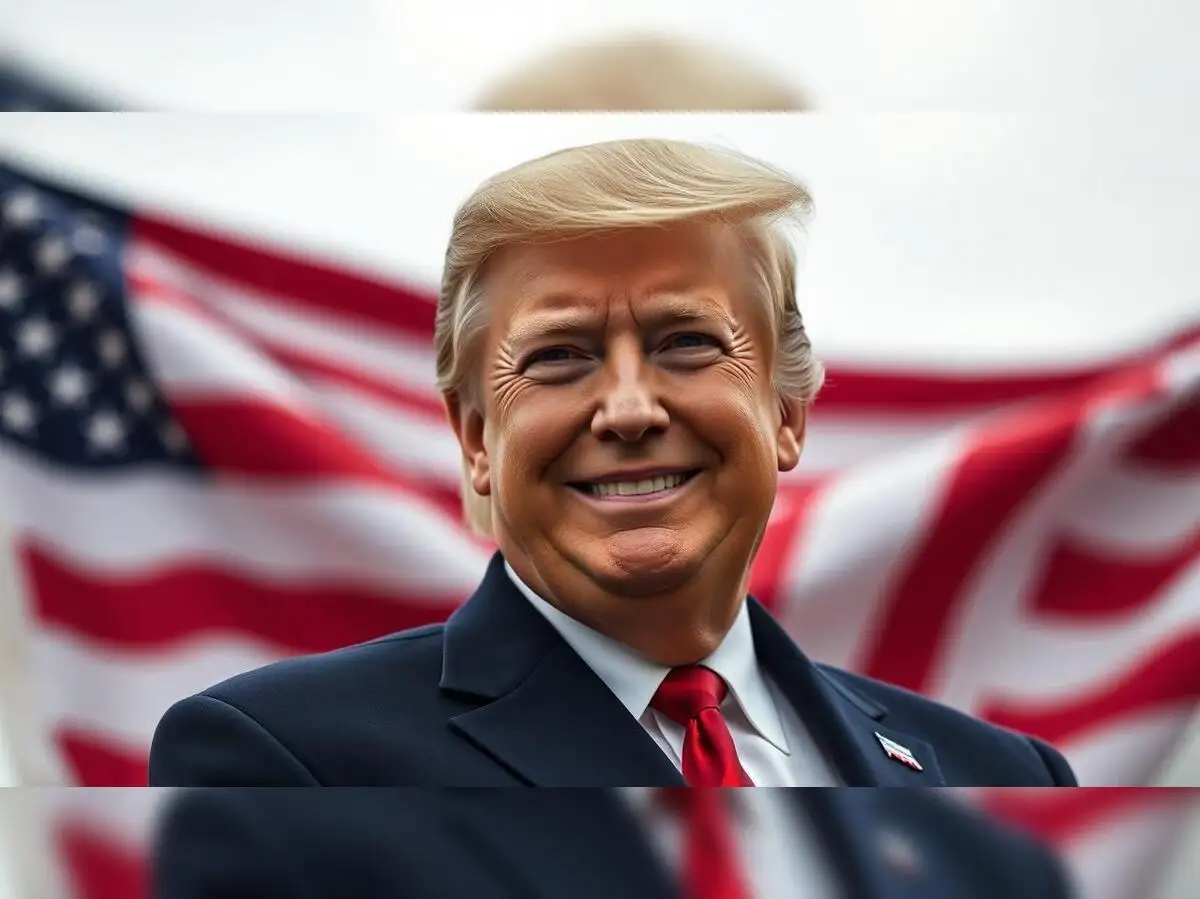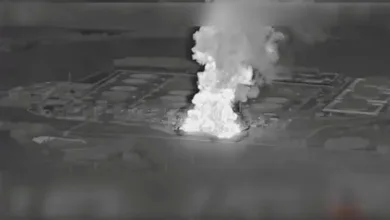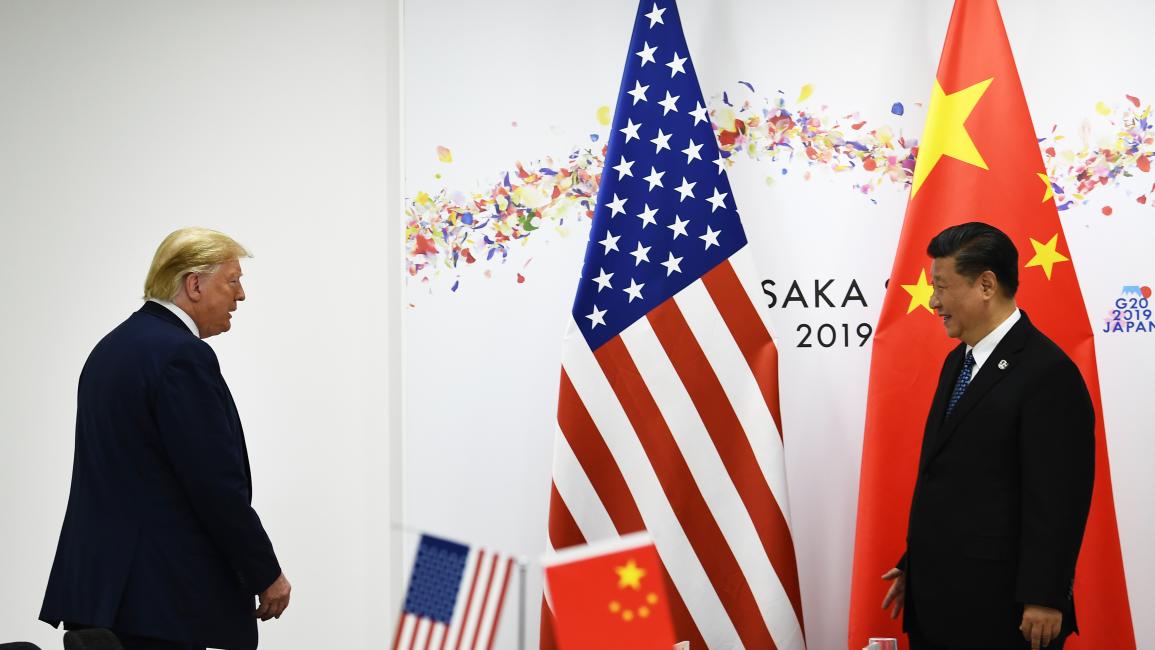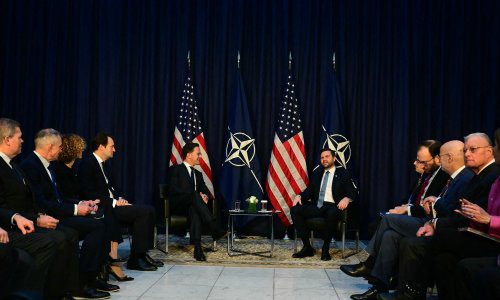Europe Moves to Break Free from U.S. Shadow After Trump’s Tariff Shock

In a move drawing global attention, European leaders signed the Kingston Accord, a new pact aimed at reducing the continent’s dependence on the us for defense, technology, and trade policy. The decision follows President donaldtrump’s sweeping tariffs targeting European and other global imports, which many see as a wake-up call for Europe.
Why Europe Feels Cornered
Trump’s order imposes tariffs of up to 41% on goods from 68–92 countries, hitting European exporters hard.
While emergency talks produced a temporary cap of 15% on most European exports, the damage to trust was already done. Leaders in Berlin, Paris, and Brussels warned that the U.S. has become an “unpredictable partner.”
The Kingston Accord: What It Means
Key elements of the new agreement:
-
Boosting European defense manufacturing to cut reliance on U.S. arms
-
Building shared data centers and cloud services independent of American Big Tech
-
Forming trade councils with Asian and Latin American countries to diversify markets
European officials describe this as the start of a long-term pivot away from the old transatlantic model.
Economic and Political Drivers
The tariffs reignited debate over whether Europe can protect its industries without Washington’s political cover.
While European economies remain deeply tied to the us) market, recent crises — including disputes over energy, digital taxes, and now tariffs — pushed leaders to consider more autonomous strategies.
Trump’s Gamble and Europe’s Answer
Trump’s team believes harsh tariffs will force better deals, but Europe’s answer has been strategic rather than reactive: cooperate where possible, but prepare to stand alone if needed.
Some European leaders still hope to renegotiate softer tariffs by August 7, but they are also fast-tracking plans to cushion future shocks.
Global Trade Realignment
The Kingston Accord could accelerate:
-
More trade between Europe and Asia-Pacific nations
-
Shifting supply chains out of the us
-
Growth of European defense firms at the expense of U.S. contractors
Experts warn the shift may take years, but the direction now feels irreversible.
European Public Reaction
Many Europeans supported the move, seeing it as overdue. Critics worry about costs and the risk of undermining NATO unity at a sensitive time, with tensions over Russia and China.
But even skeptics agree Europe can’t ignore the risk of sudden U.S. policy swings under leaders like Trump.
A New Balance in the West?
If Europe succeeds, the transatlantic alliance may change from dependence to partnership: closer where interests align, more independent where they don’t.
Analysts call it a risky but necessary adaptation to an era of economic nationalism.
Final Thought
Trump’s tariffs jolted Europe, but the continent’s answer is more than short-term retaliation.
It’s a bet on resilience, shared sovereignty, and a world where even allies prepare for surprises.




